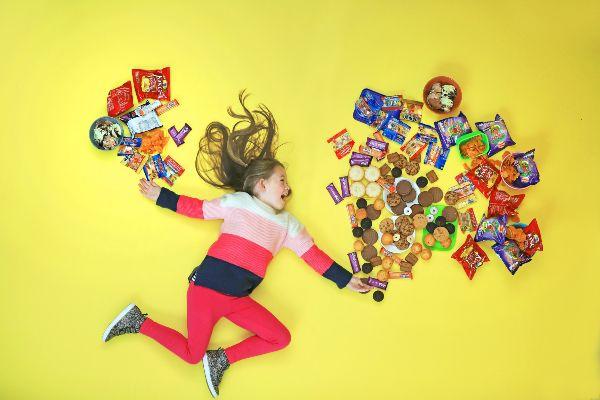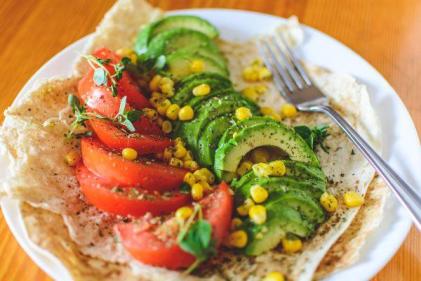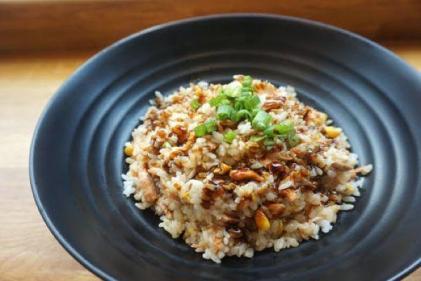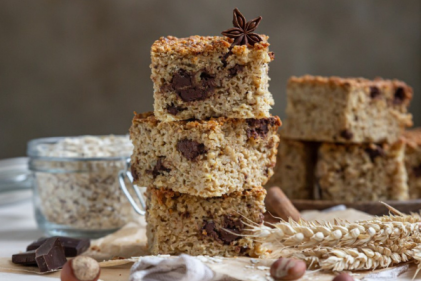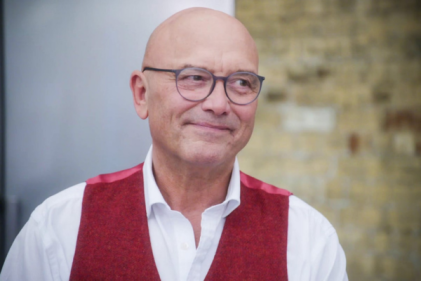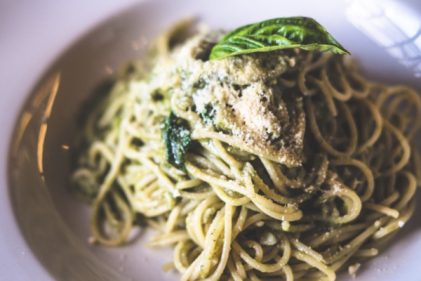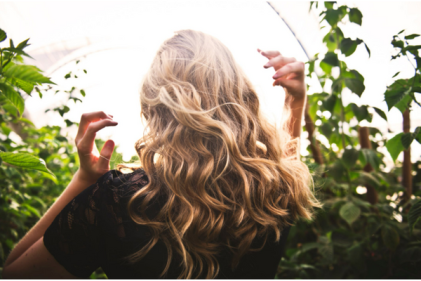A new research report from safefood in support of the START campaign has revealed that although it’s recommended that treats are eaten occasionally, in reality only 6 percent of parents said that they gave treats rarely, while 12 percent give treats at least once a day.
The research led by University College Dublin, also found that parents gave children food treats for a variety of reasons; these include to reward good behaviour (42 percent), because children asked for them (42 percent) or to make children feel better (29 percent).
Parents involved in the research also found treats unavoidable – from being a consistent part of celebrations and occasions, to post-activity snacking, to being ever-present while supermarket shopping. Previous research has shown that foods like biscuits, crisps, chocolate and sweets are the second-most consumed food group by children and almost 25 percent of all meals now include food and drinks high in fat, salt and sugar (HFSS) that are not recommended as part of a healthy diet.
That research also found that 29 percent of children’s afternoon and evening snacks are foods high in fat, sugar and salt.
The latest phase of the START campaign from safefood, the HSE and Healthy Ireland acknowledges that to go against the norm, protect their children and say no to treats, ‘It takes a hero to be the bad guy’. Parents need strength and encouragement from everyone to say ‘no’ – from friends, family, grandparents and child-minders, to health professionals and wider society.
The campaign focuses on the critical moment when a child asks for a treat and how a parent needs to take a brave stand of saying no in an effort to cut down on treats.
Dr Marian O’Reilly, Chief Specialist in Nutrition, safefood said: “On average, foods that are high in fat, sugar and salt – treat foods – now make up about a fifth of what our children eat and have gone from an ‘occasional food’ to an everyday food. The short-term impact of this is that children don’t get all the nutrients they need for growth and development such as iron and calcium. These foods are also linked in the short-term with poor dental health and in the longer term with many chronic conditions.
"We struggle to avoid these treat foods every day because they are available everywhere, highly palatable, cheap and frequently on special offer. We also know from our own previous research[iii] that one third of foods on promotion are high in fat, sugar and salt.”
Sarah O’ Brien, HSE national lead on the START campaign continued: “What we hear from parents in this research is that unhealthy treat foods are everywhere, every day. We can give parents tips and skills to help them deal with “saying no” and cope with the pushback they are likely to see from children when they introduce changes. We also have to recognise that it’s sometimes easier for a parent to give in to the treat when they themselves are too tired to ‘say no’ or prepare a healthier option. It’s not easy, but taking small steps will make improvements over time that will start children on the way to a healthier life.”
Peadar Maxwell, Psychologist with the HSE added: “Parents have so much power to influence their children’s health and snacking habits. Practical steps include having less treats available in your home and offering healthier snacks makes it so much easier to bridge that gap between wanting to be a hero and feeling we have to give in.
"Shifting rewards for good behaviour from food treats to praise, a hug or a game, and giving attention to our children when they chose healthy snacks, all help too. It never helps when we beat ourselves up, so if you do give in, don’t despair. Instead, reflect on what happened and decide what you can change for the next time. It’s really important to stay positive and if treats are a long-term habit, it may require patience for healthy snacking to become the norm.”
The START campaign aims to support parents in getting small daily wins in achieving a healthy diet and lifestyle for their child. Parents can find ten tips for reducing treats and more support and practical tools to reduce treats including videos and advice on how to make a healthy, positive start on the START campaign website www.makeastart.ie

